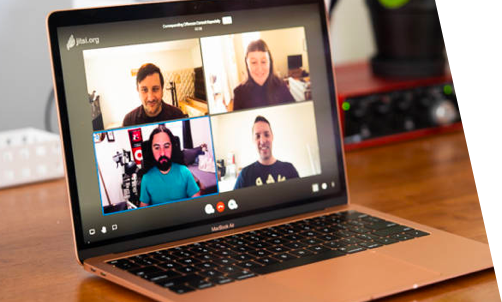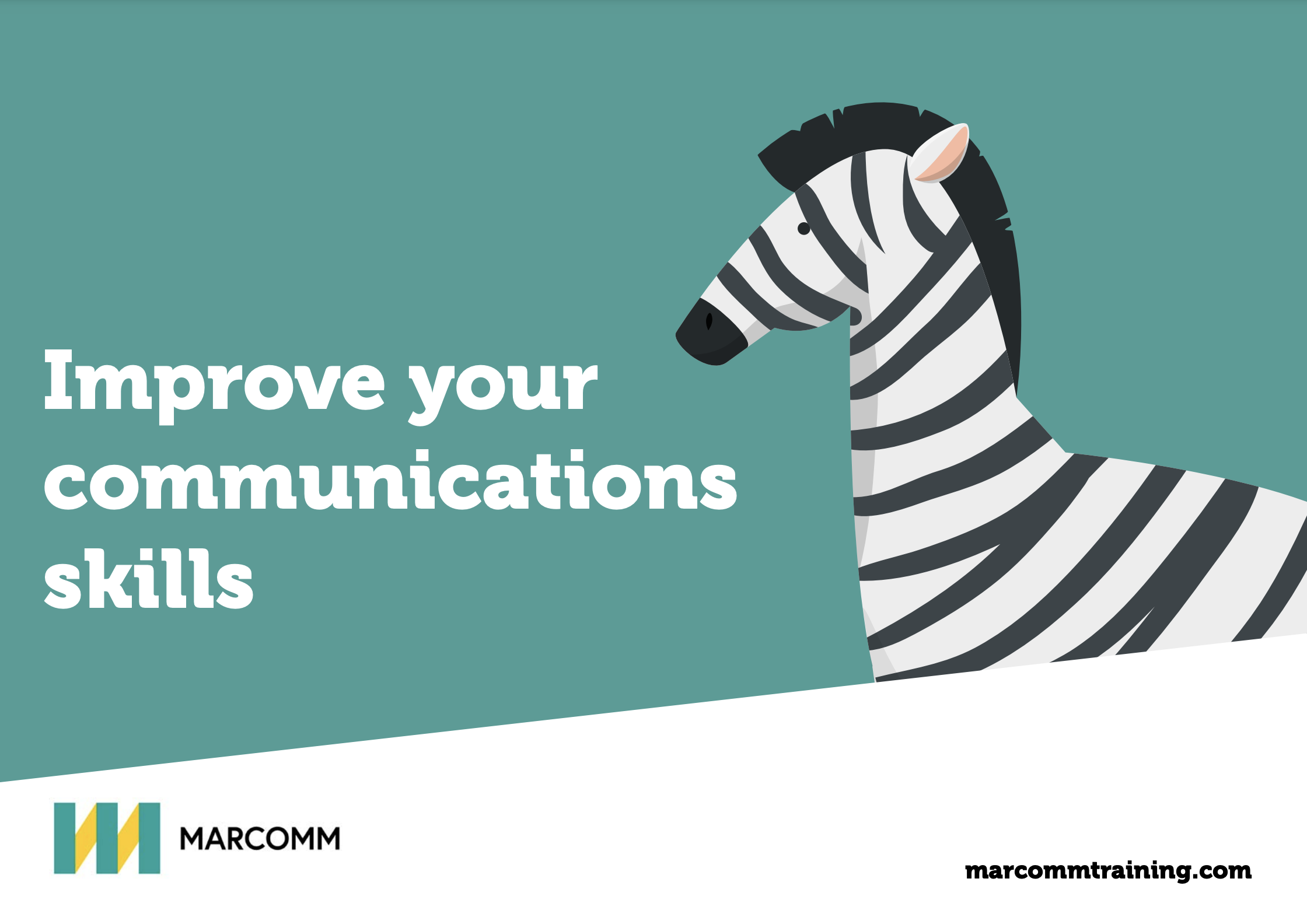How many of you are familiar with the scenario – you see the job ad for the role that you are really interested in. The application deadline is tight - Monday morning and your weekend is already full of other commitments. You sit down to fill in the application and you discover that you are being asked to describe detailed examples of times when you demonstrated a specific skill or competency. You know you have many examples but under pressure you struggle to recall the best ones. It is a similar situation when it comes to preparing examples for the interview itself. You spend so much time trying to think of specific times when you demonstrated the behaviours, but you find yourself scrapping around for any example, not necessarily your best one. Does all this sound familiar?
Some clients contact me after a disappointing interview experience. Naturally, they tend to focus on what did or did not happen in the interview itself. When I ask them to tell me how and when they started preparing for this important career event, their response tells me that that the real problem is that they are not preparing in the right way.
Much as we dislike the thought of it, we all know that to progress up the career ladder we will have to go through a selection process – it is not a question of if, but when. Why leave your preparation for that next big career move until the last minute? Adopt a strategic approach, be always preparing.
Starting your preparation when the job ad appears may already be too late if you are serious about your career progression. There is a better way and that is where a career journal can help.
Imagine having a whole menu of examples at your fingertips. Examples where you can evidence a wide range of skills and competencies. Times when you showed strong leadership, dealt with difficult situations, managed others well. These situations happen every week, every month in our work or personal lives. How we deal with everyday challenges can become great examples to use in your next interview. Even how you are adapting to the impact from COVID 19 could a good example of your ability to adapt or be resilient. However, the experiences you think you will remember often slip our minds unless we capture them. That is where a career journal is extremely useful.
What is a career journal?
A career journal can be anything – a notebook, a file in your PC, whatever works for you. Use the journal to capture everything that could help you with your next step in your career. Things to include.
- Roles that you have done.
- Projects you have participated in.
- Significant experiences from both work and personal life.
- Times when you demonstrated a list of notable skills, talents, or accomplishments.
- Situations where you were proud of how you conducted yourself.
- Positive feedback you have received from others.
Then go a step further and write out your memorable examples using the SBO (Situation, Behaviour, Outcome) or STAR (Situation, Task, Action, Results) models. This will really help you create a whole library of examples that will be at your disposal for that moment when the ad for that role you have been after, appears.
When should you update your journal?
Whenever it makes sense, whenever you have something notable to record. If you have regular performance review conversations, use this an opportunity to update your journal.
Motivation and self-discipline:
There is no doubt the process of having and active career journal requires a high level of self-discipline to dedicate time to prepare for something that might be away in the distance. It depends on your motivation. Marathon runners do not start their training a few weeks before the big race, they are always running to keep their level of fitness at a reasonable level so that they can peak for the big day.
For something as significant as your next career move, be always preparing. Set aside some time this week to start the habit of completing your career journal. That discipline will serve you well when the big moment arrives. Just think of the confidence boost you will receive from knowing what it is like to be really prepared.

